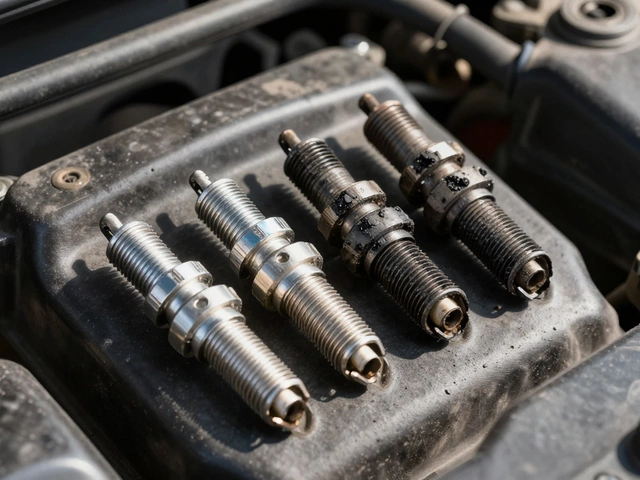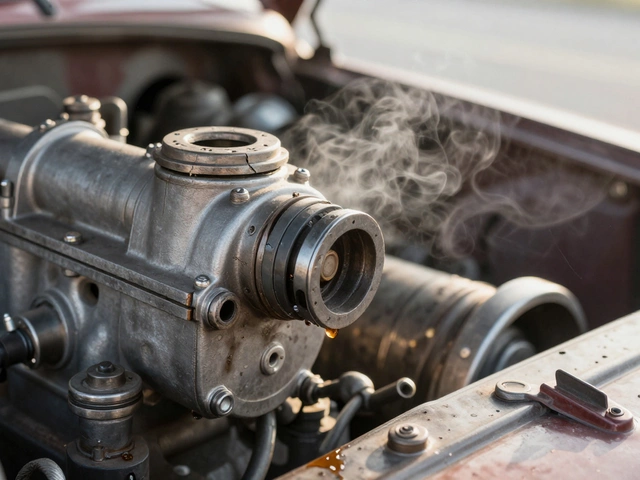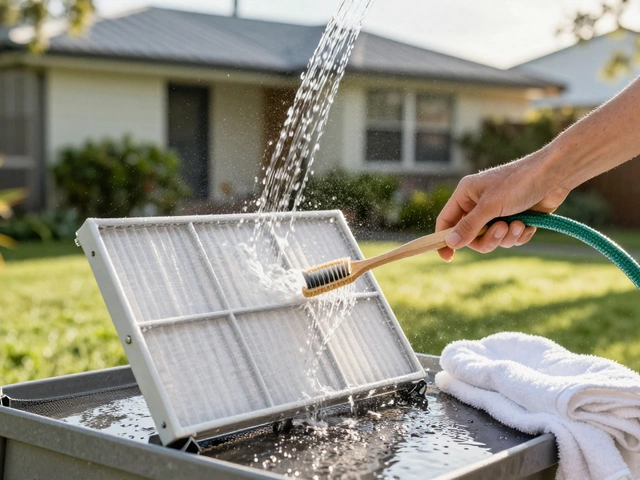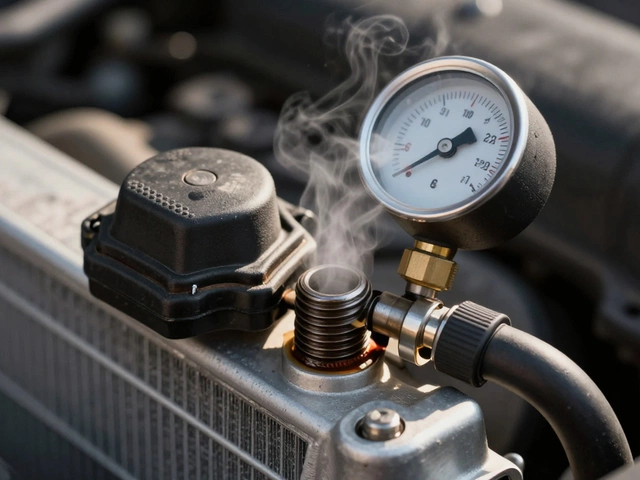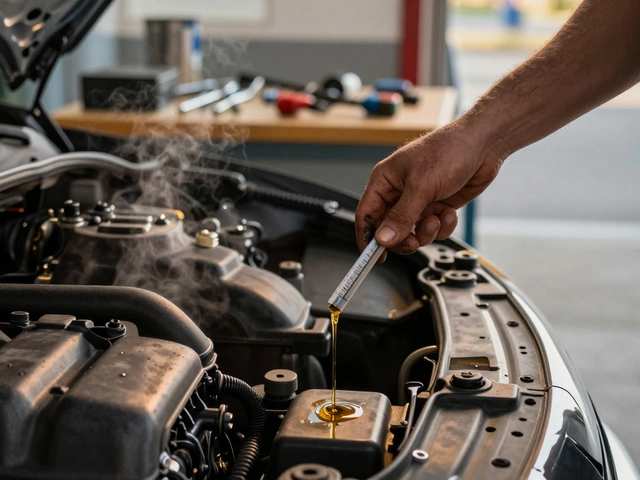Air Filters: Why They Matter and How to Choose the Right One
Ever wonder why your car’s performance drops after a few months? Chances are the air filter is the culprit. A clean air filter lets the engine breathe, improves fuel economy, and keeps the cabin air fresh. In this guide we’ll break down the two main types of filters, tell you when to swap them, and share cheap tricks to get the best fit for your ride.
Engine Air Filters vs. Cabin Air Filters
The engine air filter sits right where the air enters the engine. Its job is to catch dust, pollen, and tiny metal fragments before they can damage pistons or clog sensors. A clogged engine filter forces the engine to work harder, which means lower power and higher fuel use.
The cabin air filter lives behind the glove box or under the dashboard. It cleans the air you breathe inside the car, trapping dust, mold spores, and sometimes even smoke. If you notice a musty smell or reduced airflow from the vents, the cabin filter is probably overdue.
How Often Should You Replace Them?
Most manufacturers suggest changing the engine filter every 12,000 to 15,000 miles, but dusty roads or off‑road trips can cut that interval in half. A quick visual check helps – pull the filter out and look at the paper or foam. If it looks dark and clogged, replace it now.
Cabin filters usually last a bit longer, about 15,000 to 20,000 miles, but if you live in a city with a lot of traffic or have allergies, swapping it every 10,000 miles feels safer. Again, a simple look inside the housing will show whether it’s gray and dirty or still relatively clean.
Both filters are cheap enough to replace yourself. All you need is a screwdriver, a new filter that matches your car’s make and model, and a few minutes of time. Most auto parts stores have a lookup tool – just type in your car's year, make, and model, and they’ll show the exact part.
When buying, watch out for “high‑flow” or “performance” labels. For everyday driving, a standard filter is fine. If you push your car hard on the track, a performance filter with a washable element can give a small boost, but be ready to clean it regularly.
Finally, don’t forget to reset any maintenance reminder lights after you change the filter. Your car’s computer will keep track of service intervals, and resetting the light helps you stay on schedule.
Keeping your air filters fresh is one of the easiest ways to protect your engine, save fuel, and enjoy clean cabin air. Check them on your next oil change, and you’ll notice the difference right away.
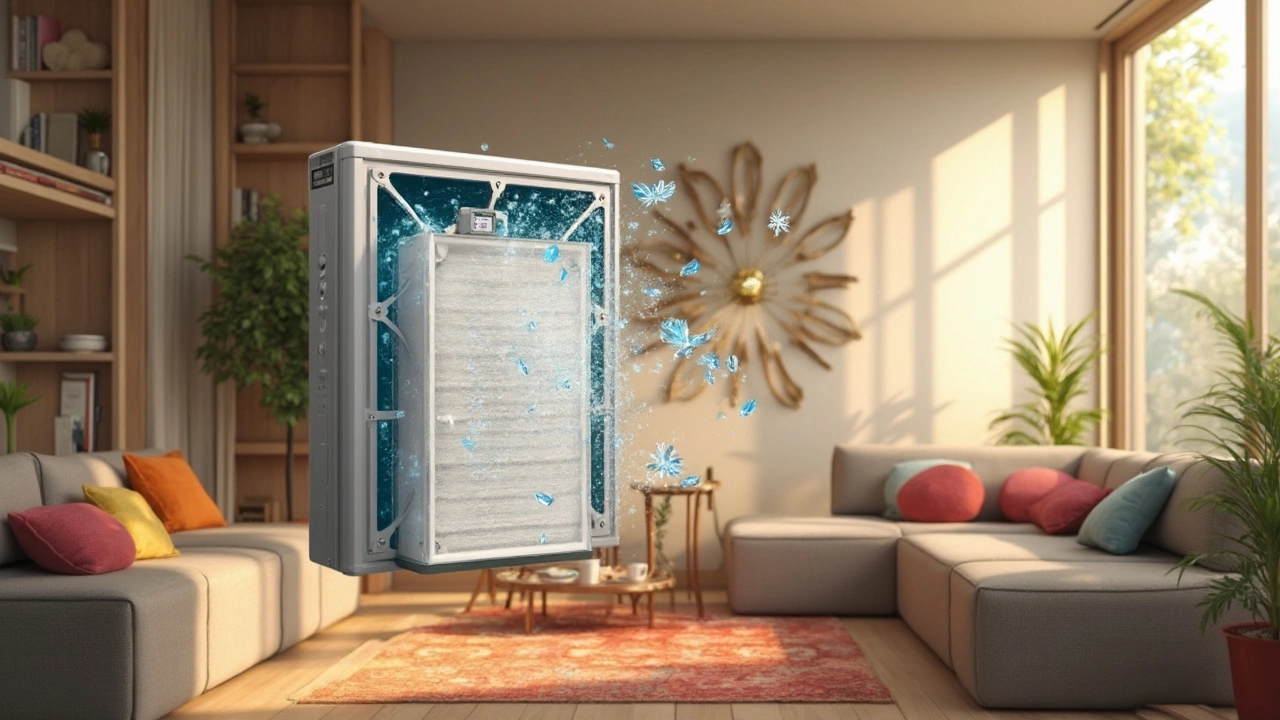
Is MERV 13 the Right Choice for Your Home?
Exploring if MERV 13 air filters are suitable for home use. We'll dig into what MERV 13 means, how it impacts air quality, and whether it's the best option for your HVAC system. Plus, some handy tips on maintenance and alternatives will help you make a well-informed decision.
CONTINUE READING